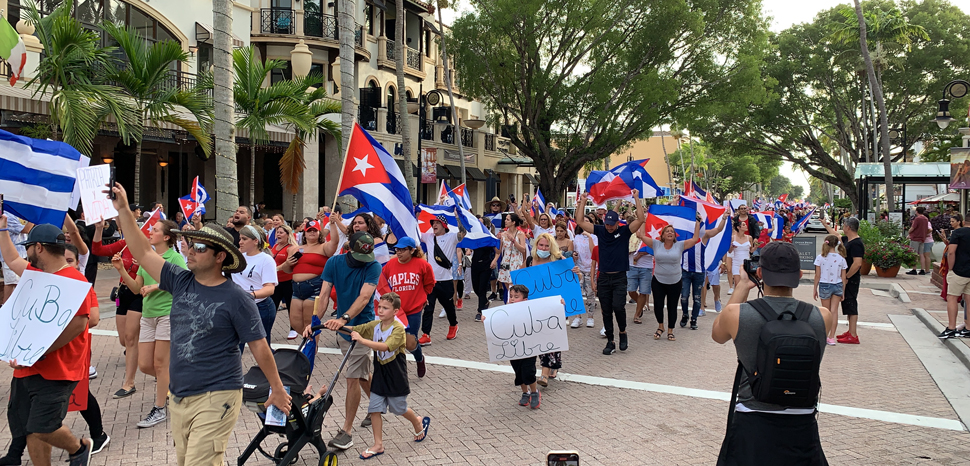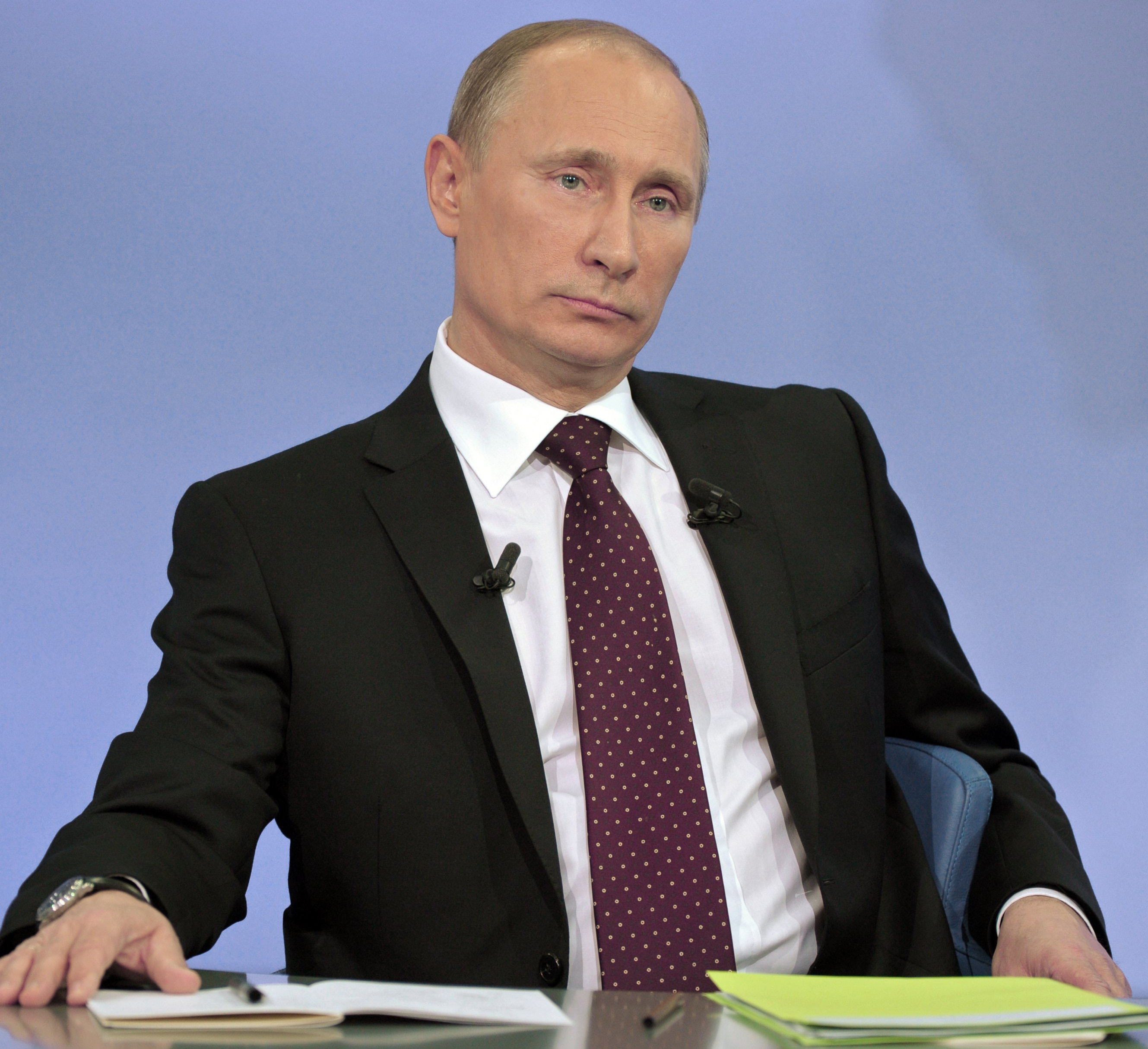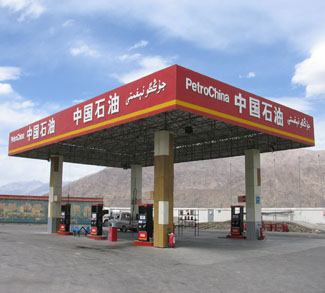The recent wave of horizontal and leaderless demonstrations that have engulfed Cuba was certainly unexpected, but not surprising. After all, various forecasts had predicted that the impact of the COVID-19 pandemic could encourage turmoil in fragile states. In this particular case, discontent is the combined result of the inability of the country’s healthcare system to effectively deal with the ongoing sanitary crisis, worsening economic hardship due to declining tourism ‒ a crucial source of hard currency for the island ‒ and a growing sense of overall political dissatisfaction with Cuba’s current state of affairs. Furthermore, social media platforms played an initial role catalyzing the protests.
The Cuban government and its supporters explicitly claim that these events are being masterminded by the United States for the purpose of provoking the implosion of the Cuban regime. Considering that such clandestine action, which would involve components like covert influence and/or destabilizing psychological operations, is usually carried out under a thick cloak of secrecy, it is impossible to determine if such accusations are accurate based on what is available in open sources. However, it is no secret that mutual animosity between the United States and Cuba has not diminished, even after diplomatic bilateral relations were restored less than a decade ago. Moreover, the coercive economic sanctions imposed by the Trump administration have certainly increased tensions in the relationship.
On the other hand, covert intervention can be instrumental so that great powers can influence the course of events in accordance with their agendas. Nevertheless, it has its limits. Specifically, such ‘active measures’ ‒ like the instigation of uprisings ‒ can seldom be successful unless legitimate popular discontent reaches a critical boiling point. Therefore, although the prospect of subtle American interference behind-the-scenes cannot possibly be discarded (especially considering historical precedents), the facts on the ground strongly suggest that this situation is mostly triggered by internal factors.
That does not mean that the crisis cannot be taken advantage of by external players, though.
In order to keep things in perspective, it is essential to emphasize that, after the Cuban Revolution that took place in 1959, the Caribbean nation has not managed to achieve industrialization, development, or shared prosperity. During the Cold War, Cuba relied heavily on generous subsidies from Moscow and the exchange of Cuban sugar for Soviet oil. After the fateful fall of the Soviet Union itself, Cuba found a new benefactor in Venezuela under the rule of Hugo Chávez and it cultivated key tourism and remittance flows.
Nonetheless, the Cuban economy remains largely outdated, vulnerable, underdeveloped, and stagnant. Its underlying structure is focused on commodities ‒ sugar, metallic minerals, shellfish, and honey, amongst others ‒ and products with little added value, such as cigars and alcoholic beverages. Although minor reforms have been implemented since the 90s and some foreign investments have been authorized, this fundamental economic reality has not changed in a meaningful way.
On the other hand, it is important to keep in mind that the significance of recent events is underscored by Cuba’s pivotal geostrategic position. Even though it lacks the critical mass to shape the course of global events, its location has been historically coveted by great powers. For instance, for the Spanish Empire Cuba was a navigational gateway for the military conquest and administrative management of its colonies in the American hemisphere, as well as a crucial geoeconomic bridge for transatlantic trade.
In turn, as a rising power, the United States military took Cuba from Spain in the late 19th century to consolidate its sphere of influence through the exclusion of the last European power with a significant presence in the region. It must be noted that, in American geopolitical thinking, the Caribbean is the equivalent of the Mediterranean because it operates as an interconnected and dynamic maritime corridor. Likewise, during the Cold War the Soviet Union courted the Cuban communist regime in order to secure a position from which the American soft underbelly ‒ including the mouth of the Mississippi river, the core of the US oil industry, important ports and transited shipping lanes ‒ could be threatened.
Moreover, Cuba itself is an important and discreet geopolitical player that often punches far above its weight. In fact, Havana’s diplomatic skills have fostered the development of collaborative ties with extra-regional states interested in a foothold in the American hemisphere, such as China, Russia, and Iran. Moreover, its formidable foreign intelligence capabilities and its network of assets have projected Cuban state influence abroad, particularly through Latin America.
Finally, the relevance of Cuba’s natural resources cannot be overlooked. Its location is suitable for growing tropical crops like sugarcane, coffee, and tobacco. Likewise, its deposits of metals like nickel, zinc, lead, and gold are valuable resources for several processes of industrial transformation. More importantly, the island’s untapped potential in terms of fossil fuels has attracted the active involvement of Chinese and Russian state-owned energy companies.
Needless to say, heated and controversial opinions about Cuba are common in mainstream media outlets. Both the regime’s ardent supporters and its staunchest critics are equally vocal. Accordingly, most forecasts are filtered through the observers’ ideological preferences. In this regard, although it is hard to envisage precisely how the situation will unfold in the following weeks and months based on a dispassionate perspective, several conceivable scenarios have to be examined. Interestingly, all of them entail far-reaching implications that pose meaningful challenges for statecraft, security, strategic intelligence, and foreign policy.
Scenario 1: Abrupt Regime Change
Unless the protests reach a critical mass that undermines the effective control of the state’s coercive instruments or acts of indiscriminate repressive violence weaken its legitimacy, the opposition’s attempt to carry out a color revolution does not represent enough political firepower to bring down the Cuban government. At least for the time being, this outcome does not seem likely.
Moreover, the sudden fall of the Cuban regime would probably provoke tectonic geopolitical ramifications beyond the island itself. A new government won’t necessarily be willing to undertake internal political reforms, let alone reshuffle geopolitical alignments, particularly when it comes to Cuba’s US policy.
Besides, the course of events might not proceed so smoothly. A transition that is not carefully managed according to sound political criteria could lead to a chaotic failed state in which dysfunctional governments are endlessly replaced by even more dysfunctional successors – a vicious cycle resembling what Haiti has gone through for decades. In this case, coups, power struggles, and instability could become the norm.
Another concern related to this scenario is that it is unclear what would happen if personnel of the Cuban security services were to suddenly become unemployed. The internationally competitive quality of their tradecraft would make them valuable assets as hitmen, spies, and fighters for organized crime rings, terrorist networks, paramilitary squads, private security companies, and insurgent forces in the American hemisphere and elsewhere.
Nevertheless, this scenario could unfold in different ways. If top military commanders believe that the position of the civilian national leadership is ultimately unsustainable, even through the use of force, there will be a temptation to simply abandon the regime and hasten its relatively nonviolent dismissal, just like the Bolivian military withdrew its support for Evo Morales in 2019.
Should this scenario come to pass, the military would take over in order to manage an orderly transition, preserve its structures, negotiate under favorable conditions, make sure that its interests are taken into consideration in the ensuing political process, and maybe even establish a new stronger government in which they hold all the cards. In other words, the Cuban military might seek to replicate what their Egyptian counterparts did when the Muslim Brotherhood started losing power and control.
Thus, it is mistaken to assume that a regime change would automatically lead to democratic change.
Scenario 2: Civil War
One of the most instructive lessons of the so-called ‘Arab Spring’ is that popular discontent directed against an authoritarian government does not necessarily bring harmony, stability, democracy, or prosperity. In fact, an escalating political clash under circumstances in which none of the contenders is willing to concede or find a mutually acceptable compromise might unleash violent forces that cannot be stopped. In this case, the example of the Syrian war ‒ originally ignited by the rise of food prices and water scarcity ‒ should be seen as an ominous reminder of how things can easily spiral out of control if an effective political solution is not promptly formulated.
This is by far the most dangerous scenario. Considering Cuba’s geopolitical significance, a civil conflict would likely attract external stakeholders in one way or another, including the US government, the Cuban-American community, China, Russia, and even Latin American states aligned with or hostile to the Bolivarian axis. With so many overlapping strategic interests, this situation would create a major diplomatic crisis in the American hemisphere. The most troublesome aspect of this possibility is that there is no certain way to predict how and when it will end once Pandora’s box has been opened.
Another consequence would be a large exodus of refugees to nearby countries. This development would pose complex political, economic, and humanitarian challenges for the United States and Mexico, but also for other states located in the Caribbean, the Central American isthmus, and South America. The resulting dynamics might act as a vortex of regional tensions.
Scenario 3: Direct Foreign Intervention
In a dramatic statement, Miami mayor Francis Suarez claimed that US military strikes against Cuba should be seriously contemplated by the Pentagon. However, such incendiary rhetoric is mostly for the domestic consumption of local constituents. In fact, if Washington wanted to remove the Cuban regime through military power, it could have easily accomplished said objective shortly after the collapse of the Soviet Union. After all, it is widely known that the US Defense Department has designed contingency plans to intervene in Cuba. However, not even the neoconservative crusade launched by President George W. Bush targeted the island.
Nevertheless, in the last few decades, the United States has tolerated Cuba’s communist regime despite its firm opposition to American regional and global interests. Said position is a recognition that, without the strong presence of a hostile great power from Eurasia, Cuba by itself represents little more than an irritant for American national security.
Yet, the aforementioned perspective might change if the situation triggers dangerous shockwaves for regional security. Under such circumstances, the US military might be inclined to intervene in order to avoid the prospect of contagious chaos or a political vacuum that could be filled by the Sino-Russian emerging bloc.
In the grand scheme of things, a US military invasion of Cuba would be relatively easy. However, the ensuing occupation would bedeeply problematic. Hostile great powers might exploit the opportunity to instigate a bloody quagmire that drains and weakens US power. Even if that does not take place, as the examples of Iraq and Afghanistan demonstrate, efforts to export liberal democracy and implement ambitious nation-building projects can be counterproductive as they elicit a strong nationalist backlash from the local populace against what as seen as imperialist endeavors motivated by foreign interests.
Scenario 4: Preservation of the Status Quo
Journalists and pundits from various countries are already declaring the imminent demise of the Cuban government. Nevertheless, it must be borne in mind that the Cuban regime is exceedingly resilient. After all, it has not been undermined by dangerous problems like the Cuban Missile Crisis, strong geopolitical tensions during the Cold War, devastating natural disasters, the constant threat of American military intervention, the collapse of the Soviet bloc, chronic bureaucratic mismanagement, widespread poverty and sharp economic downturns. Thus, it is too early to ascertain if a dramatic change in the correlation of forces in underway.
Moreover, the balance of power overwhelmingly favors the regime. Its control of the military, intelligence, security and law enforcement agencies ‒ all of which are highly skillful and disciplined ‒ remains unshaken. It also has the power to mobilize its political agents and supporters in the streets to counter dissident demonstrations. In contrast, the eruption of protests does not seem to be organized and there is no clear political or tactical leadership. Moreover, it looks like the opposition does not have access to weapons, intelligence, or substantial financial resources.
On the other hand, although it is too soon to tell, the public expressions of self-criticism ‒ something traditionally unheard of in Cuba ‒ made by President Miguel Díaz-Canel could be a subtle hint that there is a certain political willingness to find a negotiated solution, even if the resulting settlement is temporary rather than definitive. At the very least, the most pressing concerns formulated by the public (i.e. those related to the availability of vaccines and satisfying essential economic needs in the short term) would have to be convincingly addressed.
Therefore, it seems the Cuban government is going to resort to a combination of carrots (incentives such as policy adjustment, the implementation of emergency measures to alleviate the crisis, and perhaps even some sort of dialog) and sticks ‒ arrest of key opposition figures, internet restrictions, censorship, etc. ‒ in order to restore governance and make the protests subside. However, time is a crucial factor in the equation and the risk of failure would be catastrophic. After all, patience is limited when essential human needs are not being covered.
It must be borne in mind that one of the reasons why the Cuban nomenklatura is terrified of granting political concessions is because they believe that such course of action might lead to the disintegration of the regime. In other words, they are not eager to follow Mikhail Gorbachev’s footsteps. Hence, they would prefer to emulate the example of Deng Xiaoping: an ambitious program of structural economic modernization, carried out in the context of politically authoritarian conditions. After all, prosperity can provide legitimacy, even under undemocratic circumstances.
In case the regime manages to survive, then it would have powerful incentives to strengthen its strategic, security, diplomatic, economic, commercial and financial links with Both Moscow and Beijing. Such an alliance might provide a protective shield for Havana from both internal and external rivals. In this regard, it is pertinent to remember that the Eurasian powers have supported regimes which tend to oppose Western interests, not out of ideological sympathy, but because this serves their strategic ambitions.
Concluding Thoughts
Cuba is a small nation whose recent history and current internal situation elicit a great deal of ideological controversy. However, a deeper analysis reveals that even if it is impossible to accurately predict the country’s path in the near future, the impersonal influence of geopolitical realities will be consequential regardless.
The stakes are much larger than a mere domestic political shift, and events are doubtlessly being closely monitored by great and regional powers. Sooner or later, they will start moving their pieces, assuming their involvement on the Cuban chessboard has not already begun.




